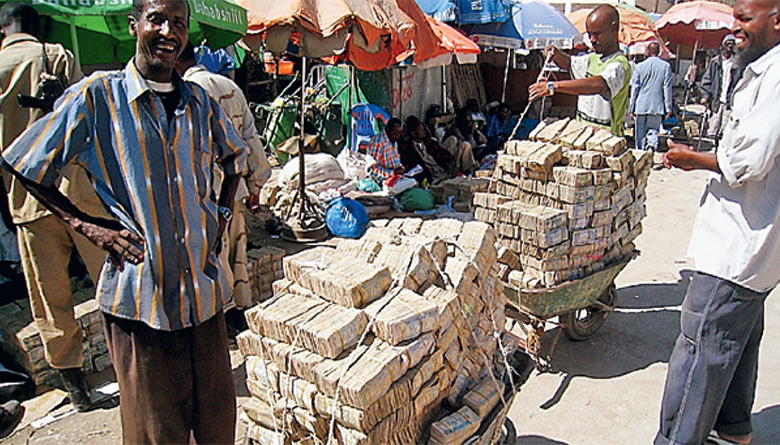You see, the universe we are living in has four dimensions. And one of them is - time
Over the time, things change. Today is not like yesterday, tomorrow won't be like today
When we are discussing the real world phenomena we must never forget about this fourth dimension
Over the time, things change. Today is not like yesterday, tomorrow won't be like today
When we are discussing the real world phenomena we must never forget about this fourth dimension
Position of Muslim Tatar murzas in Muscovy can be briefly summarised this way:
Till 1550 - ultra privileged, more expat-like position. They were more of guests of the Tsar rather than his slaves and this could leave and come back freely. Unlike the Russian bojars who were slaves
Till 1550 - ultra privileged, more expat-like position. They were more of guests of the Tsar rather than his slaves and this could leave and come back freely. Unlike the Russian bojars who were slaves
1552-1556 - after the fall of Kazan and then Astrakhan they were quickly reduced to the status of Russian aristocracy. Now they were openly referred to as slaves. Also now they could not leave. Many did ofc, but now they couldn't come back. Expat-like status was lost
1556-1605 - very slow, gradual and at times reversing pressure to Christianise. Started at the Ivan the Terrible era, exacerbated under Fyodor Ioannovich, then temporarily reversed under Boris Godunov. It was very unsystematic though. Their military service was still vital
1613-1700 - with every generation Tsars needed them less and less. The pressure to Christianise increased, the land and serfs confiscations started. Now they were very systematic and irreversible. The only exception - Sofya's era
Regent Sofya used Tatar levies to suppress the Khovanchina musketeers revolt. As a result, confiscations stopped and even a part of old estates was return back. But that was only a brief period
1689-1715 Once Peter I takes power, he very much increases the pressure and finally prohibits the Muslim ownership of Orthodox serfs with two orders of 1713 and 1715. As a result, Tatar Muslim estates were confiscated, unless they converted
Those who chose to converted were awarded lands and serfs of those who refused. So in the 18-19th c. it was very common to have a princely magnate family with thousands of serfs who would have kin living nearby as peasants. The estate of the latter was given to the former
NB: When I'm talking about Tatar aristocracy in Muscovy, I don't refer to Kazan Tatars. Kazan was a conquered kingdom whose institutions were destroyed, elites exterminated and they did not really transition into the Muscovy. I'm talking about Mishar Tatars, a different subgroup
On the history of Tatar aristocracy in Muscovy, I very much recommend this book. Unfortunately, it's only in Russian. I am afraid I am unaware of the English-language studies 
• • •
Missing some Tweet in this thread? You can try to
force a refresh





